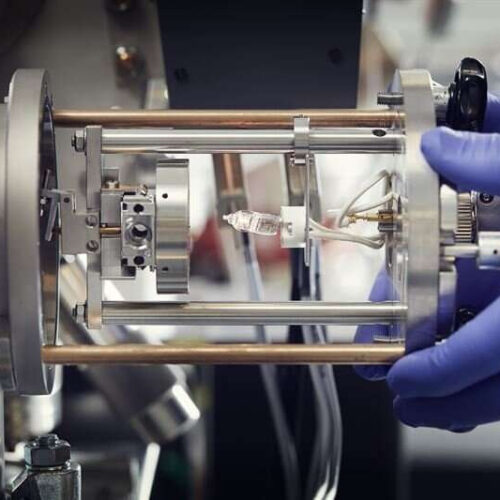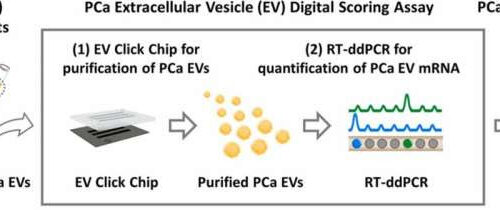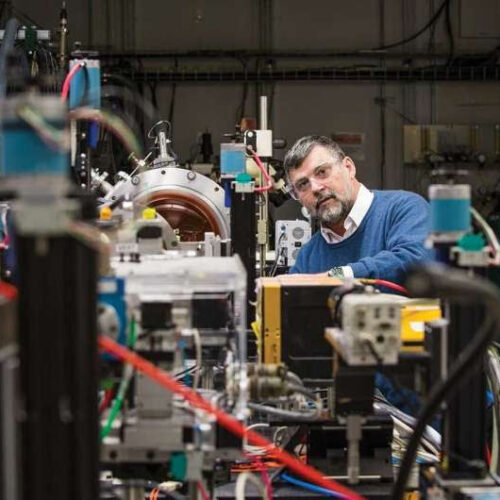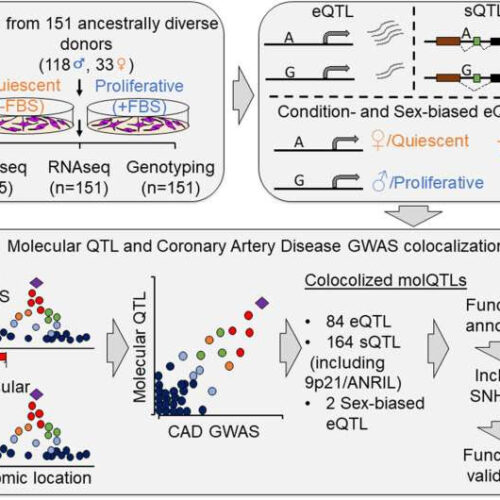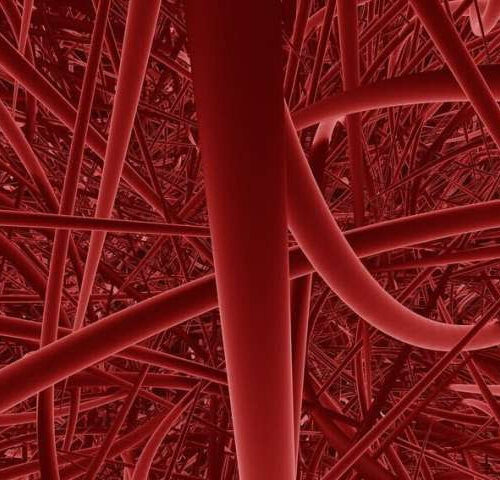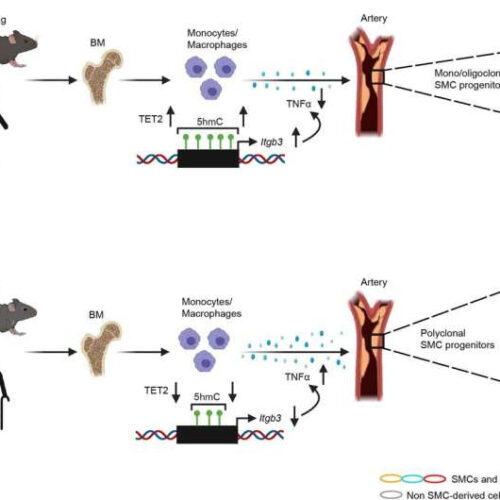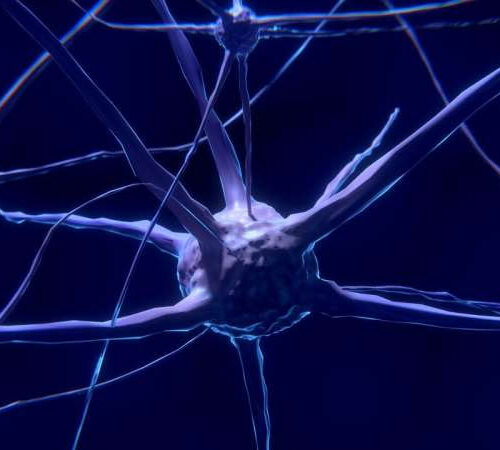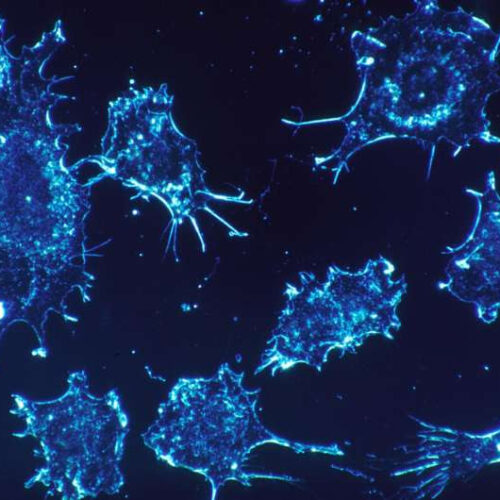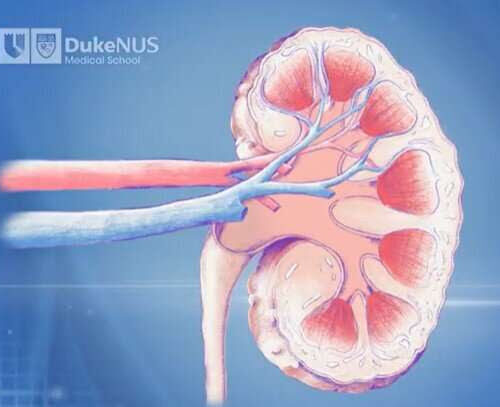by Chalmers University of Technology Credit: Chalmers University of Technology Researchers at Chalmers University of Technology and partners within the Chemical Imaging Infrastructure have produced a method whereby it is possible to see at the nano level where a medicinal drug ends up in the cells and how much of it is needed for optimum treatment. The...
Noninvasive test can detect even trace elements of prostate cancer
by Cedars-Sinai Medical Center Graphical abstract. Credit: Nano Today (2023). DOI: 10.1016/j.nantod.2022.101746 Cedars-Sinai Cancer investigators have developed a new nanotechnology-based test that can detect and profile prostate cancers—even in microscopic amounts. Their work, published in the journal Nano Today, suggests that this “liquid biopsy” test could spare many patients unnecessary treatment-related side effects, directing them instead to effective therapies...
Healthier hearts? Research advances potential treatment for cardiac conditions
by Tom Linder, Illinois Institute of Technology Professor of Biology and Physics Thomas Irving in the lab. Credit: Illinois Institute of Technology A team of researchers from Illinois Institute of Technology and the University of Washington is trying to change the way that the field of biology understands how muscles contract. In a paper published on January...
Ideal blood pressure may remodel brain clearance pathways linked to brain health, dementia
by American Heart Association Credit: CC0 Public Domain Among people who received more intensive treatment for high blood pressure, evaluations of MRI scans indicated a positive change in brain structures involved in its ability to clear toxins and other byproducts, according to preliminary research to be presented at the American Stroke Association’s International Stroke Conference 2023. The...
Genes responsible for coronary artery disease identified
by University of Virginia Credit: Circulation Research (2023). DOI: 10.1161/CIRCRESAHA.122.321586 University of Virginia researchers and their collaborators have identified genes that play key roles in the development of coronary artery disease. UVA’s findings essentially pick culprits responsible for coronary artery disease (CAD) out of a far, far larger lineup of potential genetic suspects. That gives scientists promising targets as they...
Bone marrow transplant may halt brain blood vessel disease in adults with sickle cell disease
by American Heart Association Credit: Pixabay/CC0 Public Domain Bone marrow transplants prevented or improved blood vessel disease in the brains of adults with sickle cell disease, according to preliminary research to be presented at the American Stroke Association’s International Stroke Conference 2023. The meeting, to be held in person in Dallas and virtually Feb. 8-10, 2023, is...
Study finds aging of bone marrow accelerates arterial plaque formation
by Elisabeth Reitman, Yale University Atherogenesis is depicted in a young (a) or aged (b) host. Aged monocytes/macrophages have decreased levels of the epigenetic regulator TET2, leading to reduction of the 5-hydroxymethylcytosine (5hmC) mark on the Itgb3 promoter. The resulting low integrin β3 levels in aged monocytes/macrophages induces high TNFα levels, facilitating recruitment and expansion...
Research may provide clues to sensory brain disorders
by Queensland Brain Institute Credit: Pixabay/CC0 Public Domain How the human brain adapts to external stimulation—an important mechanism for species survival—has been made clearer by University of Queensland (UQ) research. Queensland Brain Institute (QBI) researchers Dr. Reuben Rideaux and Professor Jason Mattingley have discovered that two distinct processes are triggered in the human brain when exposed to prolonged or repeated sensory...
From vaccines to AI: New weapons in the fight against cancer
Credit: CC0 Public Domain Could humanity finally be gaining the upper hand in our age-old fight against cancer? Recent scientific and medical advances have added several new weapons to our arsenal, including personalized gene therapy, artificial intelligence screening, simple blood tests—and potentially soon vaccines. Cancer accounted for nearly 10 million deaths—almost one in six of the...
Scientists first in the world to regenerate diseased kidney cells
by Federico Graciano, Duke-NUS Medical School Credit: Duke-NUS Medical School In a world first, scientists at Duke-NUS Medical School, the National Heart Center Singapore (NHCS) and colleagues in Germany have shown that regenerative therapy to restore impaired kidney function may soon be a possibility. In a preclinical study reported in Nature Communications, the team found that blocking a...

